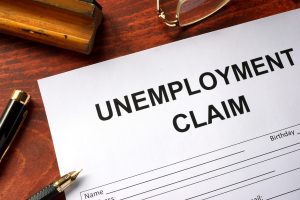An automated computer system, known as MiDAS, used by the Michigan Unemployment Agency from 2013 to 2015 may have initially been deemed a success, with record numbers of applicants being flagged for fraud. For instance, in 2014, MiDAS flagged 27,000 fraud cases, nearly double the cases from 2012. However, seven years later, MiDas should be deemed a failure since results show that more than 40,000 people were falsely accused of fraud and victimized as a result.
The victims of this system failure not only weren’t given an explanation to what they had done wrong, they weren’t even given a chance to defend their actions before their paychecks were garnished. Why aren’t agencies this aggressive with real fraudulent claims? Because real time fraudsters disappear and can’t be punished till found. Those who are falsely accused have a life and need to fight.
Even though refunds were eventually issued to those affected, workers sued alleging that the DES agency violated their due process — a right to be heard — resulting in not only financial hardship but emotional distress as well. Some victims had to hire lawyers. Others filed for bankruptcy, lost wages, suffered poor credit ratings or had trouble finding a job and housing.
No surprise, it took a long time for the state to acknowledge any problem! For seven years the government of Michigan fought the lawsuit brought on by the victims. Yet the Michigan Supreme Court ruled in favor of the plaintiffs twice. On October 20, 2022, Michigan lawmakers agreed to set aside $20 million to settle this lawsuit.
With pandemic-related unemployment fraud now estimated to reach at least $8.5 billion, Michigan officials and legislators continue to spar over whether the state agency in charge of payments is fixing longstanding mismanagement. It seems doubtful since the Michigan unemployment agency is currently facing two other lawsuits alleging due process violations.
A shout out to the Michigan Supreme Court for doing right by the victims.
Today’s Fraud of the Day is based on an article “Michigan to pay $20M to workers falsely accused of unemployment fraud” published by MLive on October 20, 2022
Michigan will pay $20 million to people wrongfully accused of unemployment fraud. The settlement announced by Michigan Attorney General Dana Nessel and law firm Pitt, McGehee, Palmer, Bonanni & Rivers on Thursday resolves a class-action lawsuit filed against the Michigan Unemployment Insurance Agency in 2015.
“This settlement honors my commitment to ensure those falsely accused by their government receive fair compensation for their suffering,” Nessel said in a statement. “All legal issues relative to the case have been decided and it is time to put this to rest.”




